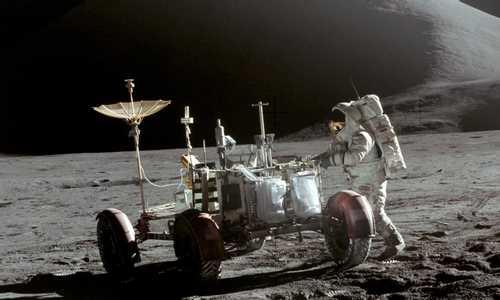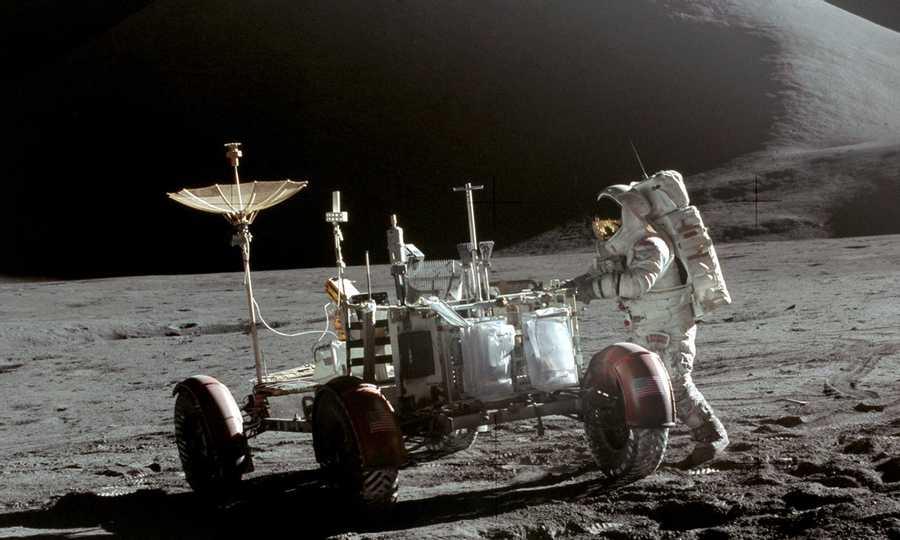Say goodbye to the information age: it's all about reputation now - Gloria Origgi | Aeon Ideas
Curated from: aeon.co
Ideas, facts & insights covering these topics:
5 ideas
·1.21K reads
7
Explore the World's Best Ideas
Join today and uncover 100+ curated journeys from 50+ topics. Unlock access to our mobile app with extensive features.
Paradox of knowledge
The increased access to information and knowledge we have today does not empower us or make us more cognitively autonomous.
Instead, it makes us more dependent on other people's judgments and evaluations of the information that we are faced with.
107
395 reads
From Information to Reputation
There is a fundamental paradigm shift in our relationship to knowledge from 'information age', moving towards the 'reputation age'.
This shift involves valuing information only if it has already been filtered, evaluated and commented upon by others. From this perspective, reputation has become a central pillar or gatekeeper of collective intelligence. We become reliant on biased judgments of other people.
87
245 reads
Reliant on reputation
If you are asked why you believe in, for instance, the big changes in climate, you might answer that:
- You trust the reputation of scientific research and believe that peer-review is a reasonable way of sifting out 'truths'.
- You trust newspapers, magazines or TV channels that endorse a political view that supports scientific research to summarise its findings for you. (Here you are twice-removed from the source - you trust other people's trust in science.)
70
166 reads
Assessing 'fake news'
To question and assess the reputation of an information source, ask:
- Where does it come from?
- Does the source have a good reputation?
- Who are the authorities who believe it?
- What are my reasons for deferring to these authorities?
74
192 reads
Empowering your knowledge
According to Frederick Hayek's book Law, Legislation and Liberty (1973), 'civilization rests on the fact that we all benefit from knowledge which we do not possess.’
In a civilized cyber-world, people must know how to assess critically the reputation of information sources.
76
217 reads
IDEAS CURATED BY
Bentley X.'s ideas are part of this journey:
Learn more about problemsolving with this collection
Identifying the skills needed for the future
Developing a growth mindset
Creating a culture of continuous learning
Related collections
Similar ideas
Read & Learn
20x Faster
without
deepstash
with
deepstash
with
deepstash
Personalized microlearning
—
100+ Learning Journeys
—
Access to 200,000+ ideas
—
Access to the mobile app
—
Unlimited idea saving
—
—
Unlimited history
—
—
Unlimited listening to ideas
—
—
Downloading & offline access
—
—
Supercharge your mind with one idea per day
Enter your email and spend 1 minute every day to learn something new.
I agree to receive email updates

